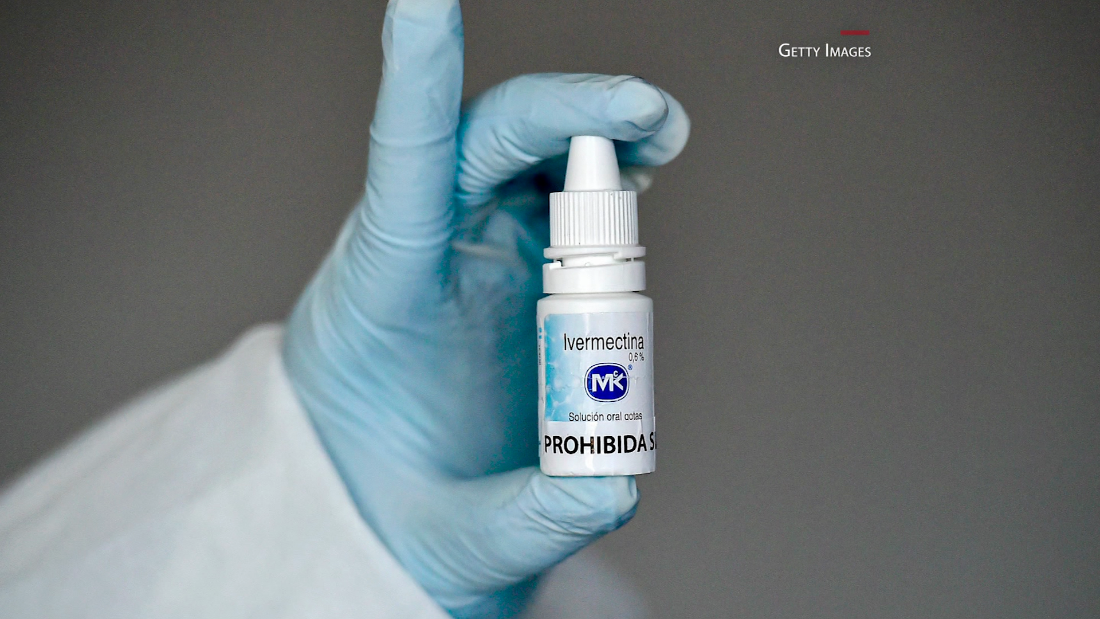“There seems to be a growing interest in a drug called ivermectin to treat people with COVID-19. Ivermectin is often used in the US to treat or prevent parasites in animals. The FDA has received several reports from patients who needed medical support and was admitted to hospital after self-medication with ivermectin was intended for horses, ”the agency’s announcement said on Friday.
The announcement notes that the FDA does not approve ivermectin for the treatment or prevention of Covid-19 in humans, and that the drug is not an antiviral medication.
‘Taking large doses of this drug is dangerous and can cause serious harm,’ reads the announcement, noting that even the levels of ivermectin approved for other uses may interact with other medicines, such as blood thinners.
“You can also cause ivermectin overdose, which can cause nausea, vomiting, diarrhea, hypotension (low blood pressure), allergic reactions (itching and hives), dizziness, ataxia (problems with balance), seizures, coma and even death.”
In the JAMA study in Cali, Colombia, nearly 500 adults with a mild illness who had symptoms for seven days offered to test the drug. The trial is a double-blind randomized trial, the gold standard of trials.
Half of the volunteers received the drug for five days, the other half received a placebo and standard care. Patients were enrolled in the trial between July 2020 and November 2020 and doctors followed it up until December.
At the end of the trial, there were almost equal number of side effects – mostly headaches – in both groups of volunteers. According to the patients who received the drug, the symptoms decreased by ten days. For the group that received the placebo, it was 12 days.
Two days is not considered a ‘significant’ improvement.
“The findings do not support the use of ivermectin for the treatment of mild COVID-19,” the Colombian-based researchers wrote. The study adds that larger trials may be needed to better understand whether ivermectin offers any other benefit to patients with Covid-19. In this case, the study focused on symptoms and mild illnesses.
